The landscape of Southeast Asia has long been shaped by cross-border marriages, with couples navigating complex visa policies to build their lives together. As globalization intensifies and regional integration deepens, understanding these regulations becomes crucial for binational families. The region's diverse legal frameworks reflect cultural traditions, economic priorities, and national security concerns, creating both opportunities and challenges for those seeking marital visas.
In recent years, Southeast Asian nations have implemented significant reforms to their spousal visa systems. Thailand, for instance, introduced stricter financial requirements for foreign spouses of Thai citizens, mandating minimum income thresholds or bank deposits. This policy shift aims to ensure that international marriages don't become a burden on the country's social welfare systems. Meanwhile, Vietnam has streamlined its process for foreign spouses of Vietnamese nationals, reducing bureaucratic hurdles while maintaining thorough background checks.
Singapore stands out with its relatively straightforward but rigorous approach to marriage visas. The city-state grants Long-Term Visit Passes (LTVP) to foreign spouses of Singaporean citizens or permanent residents, subject to employment verification and housing adequacy checks. What makes Singapore unique is its points-based assessment system that evaluates the genuineness of relationships through multiple criteria including duration of acquaintance, cultural compatibility, and family support.
The Philippines presents an interesting case where gender plays a role in visa processing. Foreign men married to Filipino women face fewer restrictions compared to foreign women married to Filipino men, reflecting traditional societal norms. This disparity has drawn criticism from human rights organizations but remains entrenched in immigration policies. The country's visa regulations also differentiate between marriages conducted locally versus those registered abroad, creating additional layers of complexity.
Indonesia's approach to spousal visas reflects its decentralized governance structure. While the central government sets baseline requirements, regional immigration offices have considerable discretion in implementation. This can lead to inconsistencies between provinces, with some areas demanding additional documentation or interpreting rules differently. Foreign spouses often report vastly different experiences depending on whether they apply in Jakarta, Bali, or other regions.
Malaysia's visa policies for foreign spouses have evolved significantly in the past decade. The country now offers a ten-year Long-Term Social Visit Pass for eligible partners, replacing the previous system of annual renewals. However, strict conditions apply, including mandatory medical screenings and character certifications from both the foreign spouse's home country and Malaysian authorities. These requirements sometimes create substantial financial and logistical burdens for couples.
Cambodia and Laos maintain more flexible but less transparent spousal visa systems. Both countries offer relatively easy pathways to residency for foreign spouses of citizens, but the lack of clear published guidelines often leads to confusion. Many applicants rely on immigration agents or word-of-mouth advice to navigate the processes, which can vary significantly between different immigration officers and regional offices.
The Association of Southeast Asian Nations (ASEAN) has attempted to harmonize certain aspects of spousal visa policies through regional agreements. While progress has been slow, some standardization has emerged regarding basic documentation requirements and processing timelines. However, national sovereignty concerns have prevented deeper integration, leaving significant variations between member states. This patchwork of regulations creates challenges for ASEAN citizens married to partners from other member countries.
Cultural factors deeply influence visa policies across the region. Several Southeast Asian nations impose additional requirements for marriages between local women and foreign men, reflecting traditional protective attitudes. Religious considerations also come into play, particularly in Muslim-majority countries where interfaith marriages may face extra scrutiny. These cultural dimensions often surprise foreign applicants accustomed to more secular immigration systems.
Financial requirements represent one of the most significant barriers in regional spousal visa applications. Most Southeast Asian countries mandate minimum income levels, property ownership, or cash deposits for foreign spouses. These thresholds vary widely - from modest sums in less developed nations to substantial amounts in wealthier countries like Singapore and Brunei. Critics argue these policies discriminate against lower-income couples while supporters maintain they prevent fraudulent marriages.
The rise of digital nomadism and remote work has introduced new complexities to Southeast Asia's spousal visa landscape. Many countries struggle to categorize foreign spouses who work online for overseas companies while residing locally. Some nations like Thailand have begun creating new visa categories to accommodate these modern work arrangements, while others continue applying outdated regulations that don't reflect contemporary employment realities.
Same-sex marriages present another challenging area for regional visa policies. As no Southeast Asian country legally recognizes same-sex unions (except for some limited protections in Thailand), binational LGBTQ+ couples face impossible barriers to spousal visas. Many resort to alternative visa categories like business or education visas to maintain their relationships within the region, creating precarious living situations.
Processing times for marriage visas vary dramatically across Southeast Asia, from as little as two weeks in the Philippines to six months or more in Vietnam. These timelines often depend on factors like the applicant's nationality, the local immigration office's workload, and seasonal fluctuations. The lack of predictable processing periods makes it difficult for couples to plan relocations or major life events.
Language requirements have emerged as a new trend in several countries' spousal visa policies. Indonesia now mandates basic Bahasa Indonesia proficiency for certain long-term spouse visas, while Thailand is considering similar measures. These policies aim to promote social integration but create additional hurdles for applicants, particularly older spouses or those from non-Roman alphabet language backgrounds.
The COVID-19 pandemic left lasting impacts on Southeast Asia's marriage visa systems. Many countries temporarily suspended processing or implemented extraordinary documentation requirements. While most restrictions have lifted, some pandemic-era practices like video interviews and digital document submissions have become permanent features of several nations' immigration procedures.
Looking ahead, demographic trends suggest Southeast Asia will face increasing pressure to reform its spousal visa policies. Aging populations in countries like Thailand and Singapore may prompt governments to ease restrictions to attract younger foreign spouses. Simultaneously, rising nationalism in some nations could lead to tighter controls. The region's ability to balance these competing demands will shape the future of cross-border marriages in Southeast Asia for decades to come.
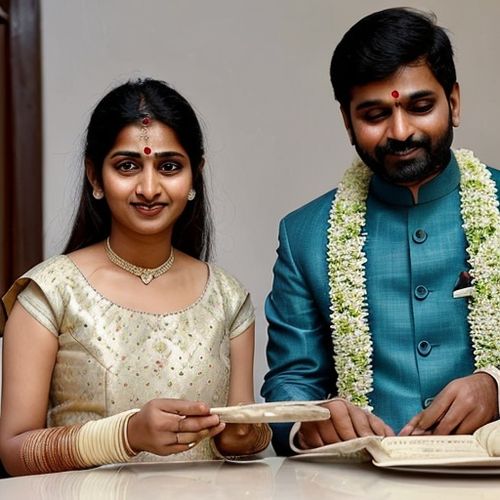
By Lily Simpson/Apr 19, 2025

By Christopher Harris/Apr 19, 2025

By Olivia Reed/Apr 19, 2025

By Laura Wilson/Apr 19, 2025
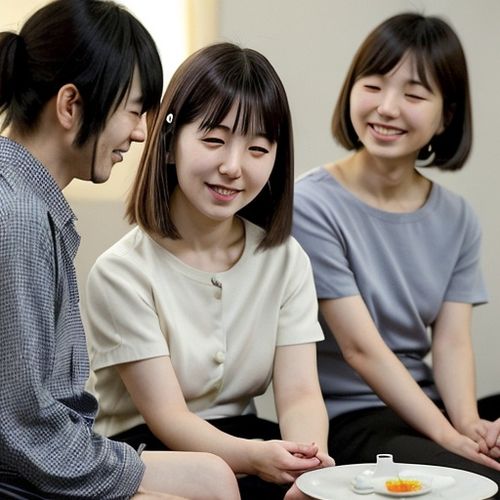
By Emma Thompson/Apr 19, 2025

By Olivia Reed/Apr 19, 2025
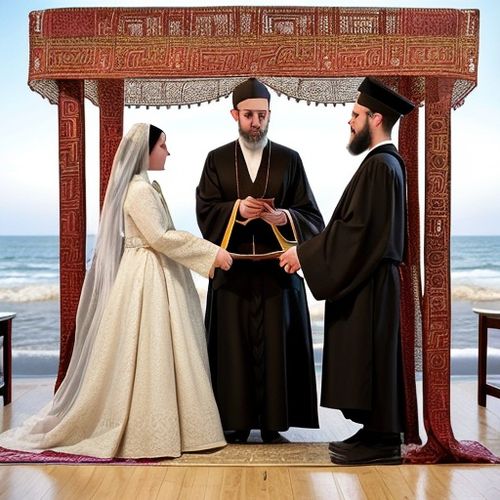
By Noah Bell/Apr 19, 2025
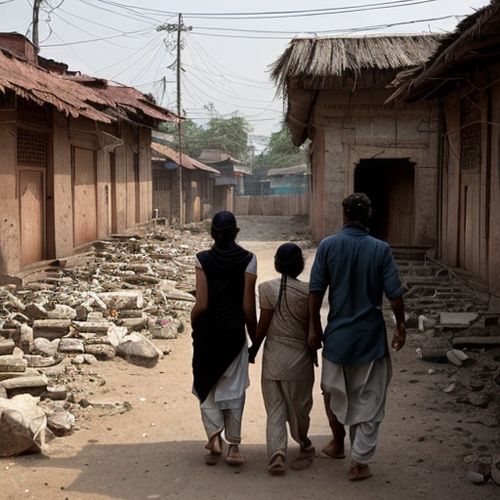
By James Moore/Apr 19, 2025
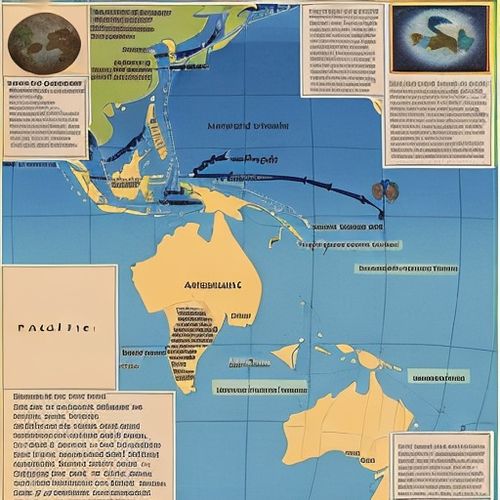
By Elizabeth Taylor/Apr 19, 2025

By John Smith/Apr 19, 2025

By Olivia Reed/Apr 19, 2025
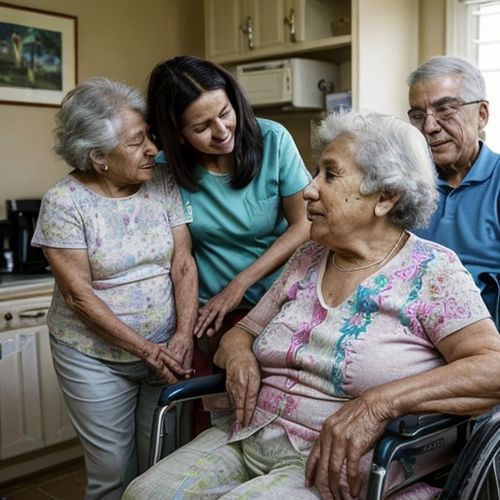
By Lily Simpson/Apr 19, 2025
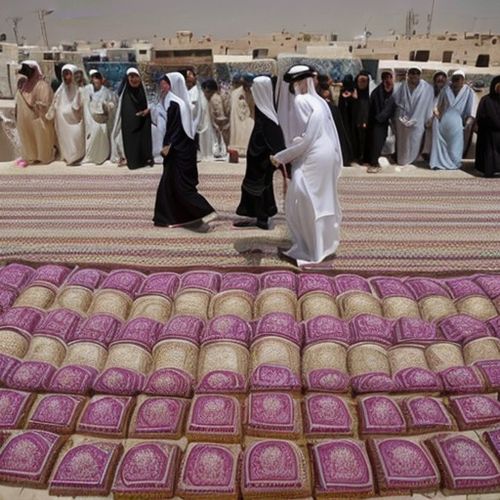
By Joshua Howard/Apr 19, 2025

By William Miller/Apr 19, 2025
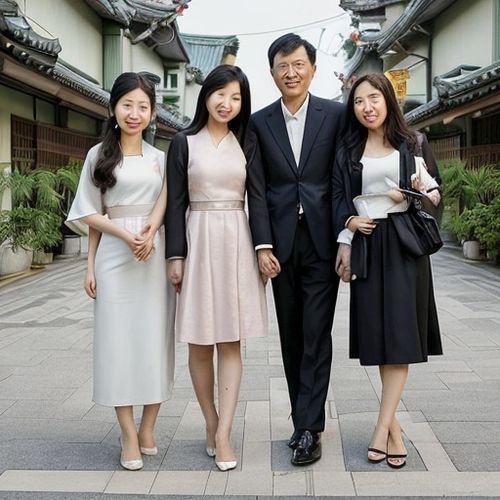
By Eric Ward/Apr 19, 2025

By Lily Simpson/Apr 19, 2025

By James Moore/Dec 23, 2024

By David Anderson/Dec 23, 2024